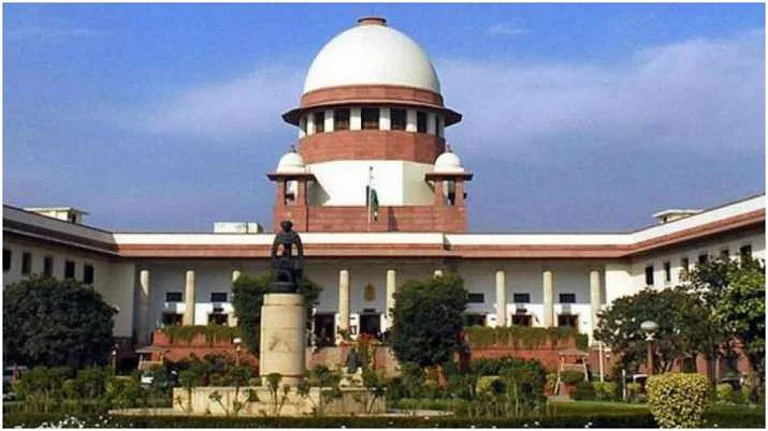A Hong Kong court has found 14 out of 16 democracy activists and politicians guilty of subversion under the Beijing-imposed national security law. This trial is the largest and most significant one under this law, which was introduced in 2020.
The defendants, including prominent democracy figures Benny Tai, Joshua Wong, and Claudia Mo, were among 47 individuals charged with subversion over their involvement in an unofficial primary election in 2020. This primary aimed to choose candidates for the Legislative Council election, which was later postponed. Many of the defendants have been held in custody since their arrest in a dawn raid in January 2021.
The judges, handpicked to hear national security cases, delivered the verdict without a jury, citing a 319-page document explaining their reasoning. This document was made publicly available online.
The conviction of the “Hong Kong 47” offers one of the clearest windows into the impact of the national security law on the city's political landscape. The law has effectively decimated the pro-democracy opposition, with many prominent figures now facing potential prison sentences.
The Hong Kong and Beijing governments have repeatedly denied the national security law is suppressing freedoms, arguing it has ended chaos and “restored stability” to the city.
The trial will now proceed to the sentencing and mitigation phase, where judges will consider individual circumstances. The defendants, ranging in age from their 20s to late 60s, face potential sentences under the national security law, which can carry severe penalties.
The national security law was imposed by Beijing in the wake of mass protests in 2019, which were triggered by government plans to allow extradition to the mainland but evolved into calls for more democracy and an investigation into police brutality. Since then, nearly 300 people have been arrested under the security law or a colonial-era sedition law. In March, Hong Kong pushed through a domestic national security bill, known as Article 23, which it said was necessary to "close loopholes".



























